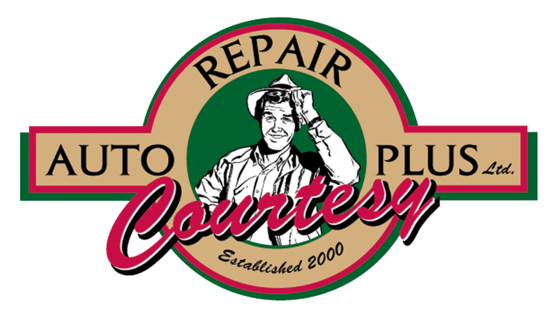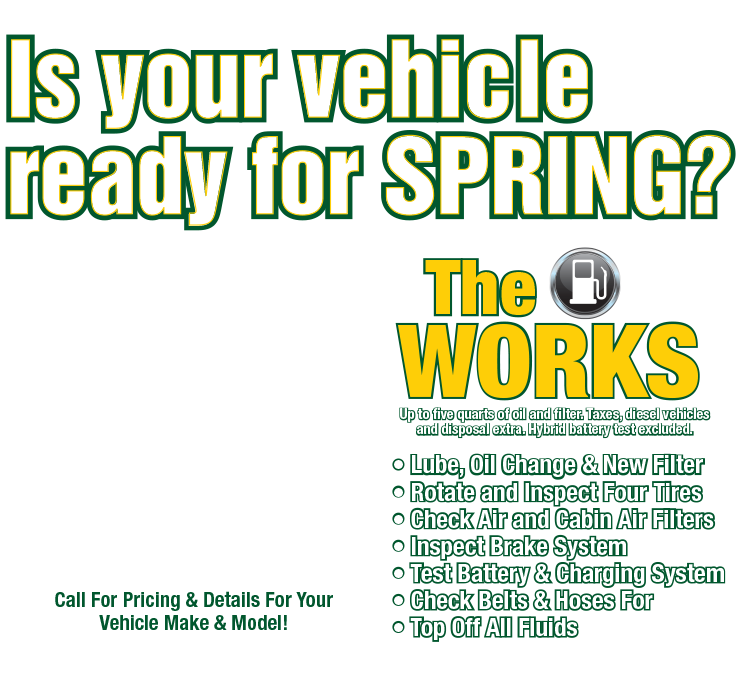Too Hot to Handle (Vehicle Overheating)
November 24, 2019
In the hot weather, seeing steam coming from the engine compartment is something we all dread. No one wants that to happen to them. But if you know the signs of overheating and how to deal with it, you may be able to reduce the risk of damage to your vehicle, maybe even prevent getting stranded on the road.
Besides the steam coming out of the engine compartment, here are a few signs of overheating. Your vehicle has a heat gauge that may have a needle that can go into a red zone or up to the "H" (for High) position. You may smell odors, perhaps a burning (could be hot oil) or a sweet smell (engine coolant leaking).
When you encounter any of those signs, you know you have to do something to keep the engine as cool as possible to avoid potentially catastrophic damage. Turn off the air conditioning and turn up the heat. While that last part may sound odd, it helps draw heat out of the engine.
If you can do it safely, pull off the road to a spot away from traffic. Turn off the engine so it can cool down for a few minutes. You may want to call for help at this point, then switch on the key to "accessory" position to see if the engine has cooled down to the normal range. You may have to have your car towed to a service facility or, if there's one nearby, you may be able to slowly drive to it. But keep your eye on the heat gauge and immediately stop if it starts to overheat again.
The best hedge against engine overheating is regular maintenance. When the cooling system and other engine components are working like they should, your chances of an overheated engine are drastically reduced. Your service facility will keep their eyes open for leaking hoses, cracked belts, rusted pipes and other things so they don't fail at the most inopportune time.
Courtesy Auto Repair Plus
967 Bon Air Ave
Tiffin, Ohio 44883
419-443-0797
http://www.courtesyautorepairplus.com
More articles from Courtesy Auto Repair Plus

Something to Latch On To (Hood Latch Safety)
March 2, 2025
The other day, a driver was trying to open his vehicle's hood so he could add some windshield washer fluid. But when he pulled the hood release inside the car, nothing happened. Usually, opening any hood is a 2-step process. You pull the hood release (which is usually a handle under the dashbo... More

How Does Courtesy Auto Repair Plus Know What to Recommend?
February 23, 2025
When you drop your vehicle off at Courtesy Auto Repair Plus in Tiffin, they don't just poke around under your hood looking for stuff to do. Courtesy Auto Repair Plus professionals have lists and procedures they follow for different types of service. First of all, your Tiffin service center will n... More

The Cable Guy (Battery Cables and Maintenance)
February 16, 2025
If you've ever noticed your vehicle's lights are dim or not working at all, the problem could be many things. But one possibility is your battery cables aren't doing their job. A power outage in your vehicle is similar to one in your house and needs to be repaired to get things back to normal. ... More







